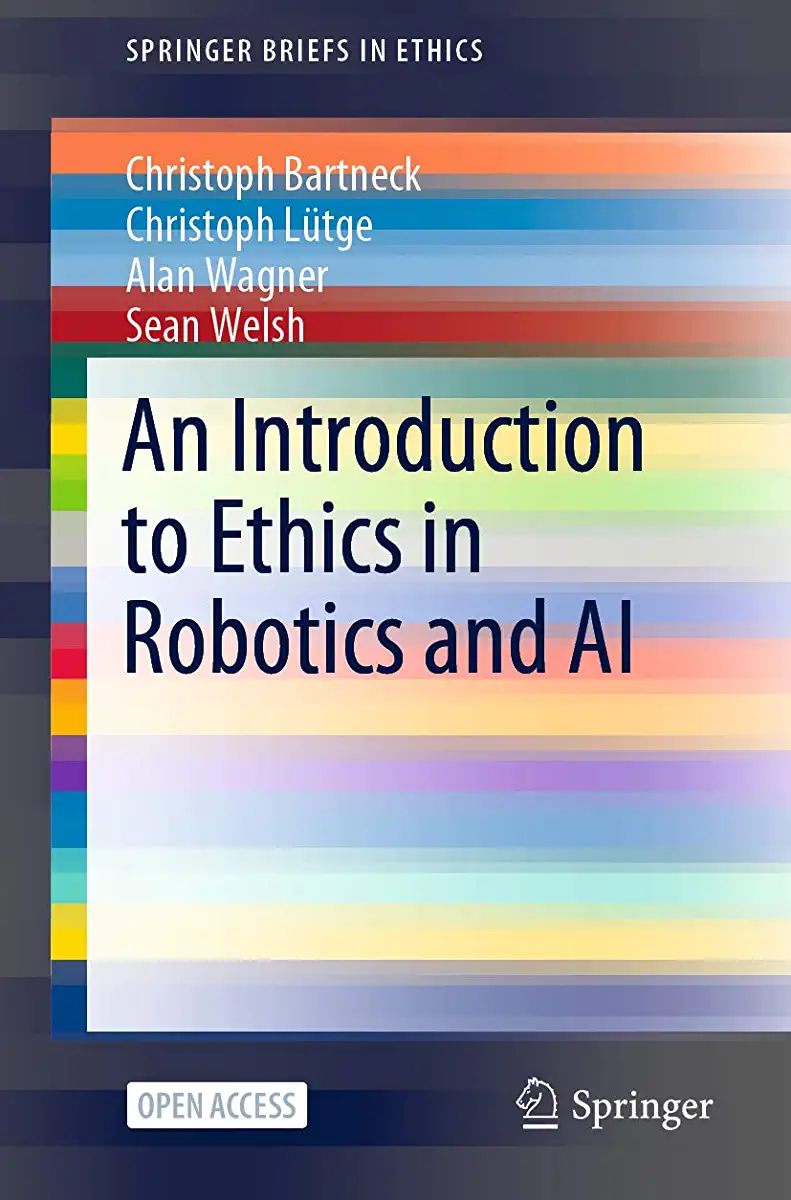
Robotics, AI and Ethics- A Global Approach by Robert Sparrow
Robotics, AI and Ethics: A Global Approach by Robert Sparrow
In the not-so-distant future, robots and artificial intelligence (AI) will play an increasingly important role in our lives. They will work alongside us, help us with our daily tasks, and even make decisions for us. But as these technologies become more advanced, we must also consider the ethical implications of their use.
In his book, Robotics, AI and Ethics: A Global Approach, Robert Sparrow provides a comprehensive overview of the ethical issues raised by robotics and AI. He begins by defining these terms and explaining how they are different from traditional forms of automation. He then discusses the potential benefits of robotics and AI, such as increased efficiency, productivity, and safety.
However, Sparrow also warns of the potential risks of these technologies, such as job displacement, privacy concerns, and the potential for autonomous weapons. He argues that we need to develop ethical guidelines for the development and use of robotics and AI in order to minimize these risks.
Sparrow's book is a valuable resource for anyone interested in the ethical implications of robotics and AI. It is well-written and accessible, and it provides a comprehensive overview of the key issues. Sparrow also offers a number of recommendations for how we can develop ethical guidelines for these technologies.
Key Ethical Issues Raised by Robotics and AI
Sparrow identifies a number of key ethical issues raised by robotics and AI, including:
- Job displacement: As robots and AI become more sophisticated, they are likely to replace human workers in a wide variety of jobs. This could have a devastating impact on the economy and lead to widespread unemployment.
- Privacy concerns: Robots and AI systems can collect vast amounts of data about our personal lives. This data could be used to track our movements, monitor our activities, and even manipulate our behavior.
- The potential for autonomous weapons: Robots and AI systems could be used to develop autonomous weapons that could kill without human intervention. This could lead to a new arms race and increase the risk of war.
- The loss of human control: As robots and AI become more autonomous, we may lose control over them. This could lead to unintended consequences and even catastrophic accidents.
The Need for Ethical Guidelines
Sparrow argues that we need to develop ethical guidelines for the development and use of robotics and AI in order to minimize the risks and maximize the benefits of these technologies. These guidelines should address the following issues:
- The responsible development of robotics and AI: We need to ensure that robots and AI systems are developed in a responsible manner that takes into account the potential risks and benefits of these technologies.
- The protection of human rights: We need to ensure that robots and AI systems respect human rights, such as the right to privacy, the right to freedom of expression, and the right to life.
- The promotion of human well-being: We need to ensure that robots and AI systems are used to promote human well-being, such as by improving healthcare, education, and transportation.
Conclusion
Robotics and AI have the potential to revolutionize our world. However, we must also consider the ethical implications of these technologies. By developing ethical guidelines for the development and use of robotics and AI, we can minimize the risks and maximize the benefits of these technologies.
Why You Should Read This Book
If you are interested in the ethical implications of robotics and AI, then I highly recommend reading this book. It is a well-written and accessible overview of the key issues, and it provides a number of recommendations for how we can develop ethical guidelines for these technologies.
Enjoyed the summary? Discover all the details and take your reading to the next level — [click here to view the book on Amazon!]